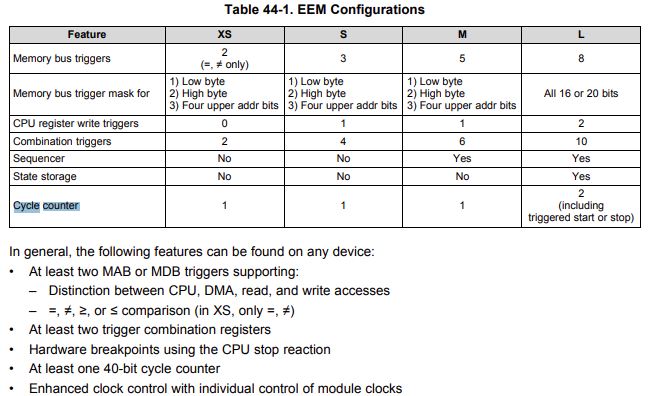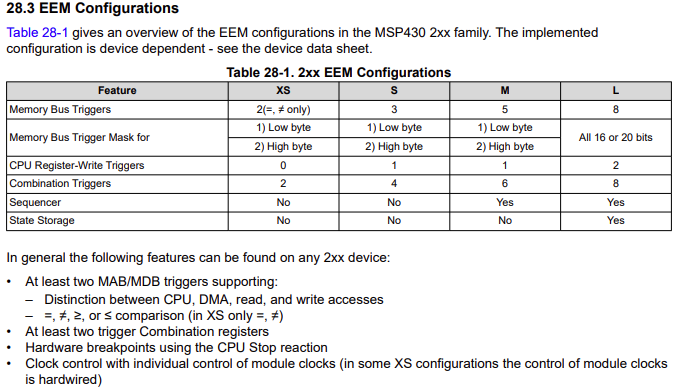Other Parts Discussed in Thread: MSP430F2274-EP
Hello,
I am attempted to debug an MSP430F2274-EP on a custom CCA. Previously, I have debugged this CCA without issue, but now when I try to run the debugger the program executes as if MCLK is like 1.8 kHz. So, rather than reaching my main function in seconds, it will take minutes. I am debugging over SBW, which I know is a slower interface, but I know it shouldn't be this slow. I found a thread (pasted below) that describes the same behavior I am seeing, but a solution was never proposed; the person there had to revert to CCS V9. Is that still the case 3 years later?




